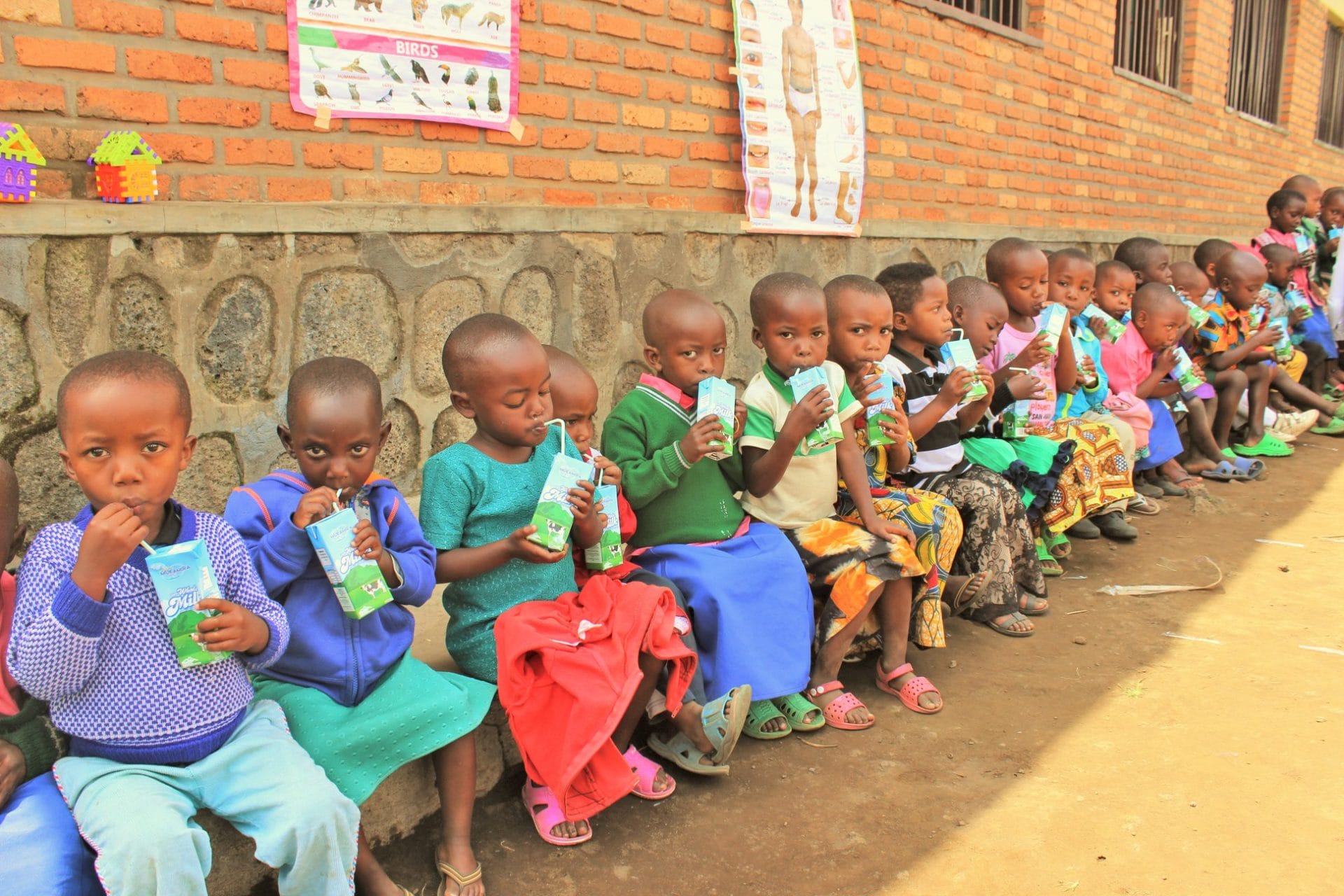Global Communities has been working in Rwanda since 2005 to build the resilience of families and reduce vulnerability to health and economic shocks. In the past 15 years, Rwanda has greatly improved the health and stability of its population. Despite these gains, challenges remain to ensure the poorest and most vulnerable groups have access to economic security and health and social services.
Agriculture continues to be a dominant industry in Rwanda, employing 70 percent of the workforce. However, agricultural productivity is low — meaning the labor, land and other inputs needed to grow crops remains high compared to the value of the final product. Agricultural productivity is important to food security because increases in productivity lead to decreased food prices, increased income for farmers and a more stable food supply. We work with farmers experiencing poverty to promote agricultural growth by building capacity through training programs and increasing their productivity through improved techniques and access to finance and markets.
Agricultural success leads in turn to improved nutritional food consumption for people experiencing poverty in Rwanda — a critical component to improving the country’s drastically high levels of chronic malnutrition among children under five.
While HIV prevalence for the general population has been stable for more than a decade, prevalence among the most at-risk populations is estimated to be as high as 50 percent. Global Communities has taken a targeted approach to decrease rates of new HIV infection by focusing on these most at-risk groups, including orphans and vulnerable children, adolescent girls and young women, out-of-school youth, female sex workers and households experiencing extreme poverty. We focus on increasing access to care while also building the resilience of families through economic strengthening, food security and education.
90,000+
members from 30 cooperatives supported to improve production and pursue market-driven growth
69,000+
members participating in saving and lending groups to build financial resilience for their families
15,000+
vulnerable children provided with care at one of 264 community-based early childhood development centers
1,184
young people provided with Technical and Vocational Education and Training scholarships
Recent Programs
Empowering the Most Vulnerable to Build a Better Future
From 2015 through 2020, Global Communities implemented the Improved Services for Vulnerable Populations Program, known locally as Twiyubake (Kinyarwanda for “Let’s Build Ourselves”). The program helped 50,000 households build their capacity to respond to and overcome conditions that cause vulnerability, and to gain access to health and social services that enable them to live healthy and productive lives. The Twiyubake program also implemented DREAMS (Determined, Resilient, Empowered, AIDS-free, Mentored and Safe) interventions to support adolescent girls and young women. To strengthen the financial resilience of families, Twiyubake established 2,447 adult integrated saving and lending groups with almost 70,000 members. We established 264 community-based early childhood development centers to provide healthy and nurturing environments for vulnerable children, and supported adolescents to safely transition into adulthood by providing training on sexual reproductive health and rights, Technical and Vocational Education and Training scholarships for 1,184 young people, and DREAMS services for more than 15,000 adolescent girls and young women. Twiyubake also provided essential preventive and protective services including HIV risk assessments and referrals, education on sanitation and hygiene practices, and provision of iron sheets to construct improved latrines to 35,000 of the most vulnerable households. The Twiyubake program resulted in reduced economic vulnerability for these households and empowered parents to make investments to meet the unique needs of their young children and adolescents. (closed in 2020)
Supporting Cooperatives to Improve Livelihoods & Community Health
Under the umbrella of the Enabling Market Integration for Rural Group Empowerment (EMIRGE) program, which was implemented from 2010-2017, Global Communities helped vulnerable families and communities through the cooperative development model by bringing Rwandans together to pool resources and work together to generate higher incomes. EMIRGE aimed to improve the incomes of small-scale farmers in Rwanda (and other countries) by enabling agricultural producer groups to overcome common constraints and pursue market-driven business objectives. EMIRGE Rwanda directly supported 30 cooperatives — representing over 9,697 members — mostly in the agricultural sector but including sectors as diverse as handicrafts, soap making, business development services and mobile money. In addition to directly supporting cooperatives, the EMIRGE Rwanda team strengthened the sustainability of its efforts by providing capacity building to local community development organizations who assisted more than 100 cooperatives, many of them formed from HIV support groups at the government’s directive. An impact assessment found that members felt cooperative membership had improved their livelihoods and family health because production gains made possible by the use of improved techniques and inputs allowed them to consume more and higher-quality fruits and vegetables. EMIRGE activities were part of a larger Global Cooperative Learning Program that sought to build on the experiences of cooperative members, private sector stakeholders and program implementers focusing on how cooperatives can have a positive impact on members, their communities and markets around the world. (closed in 2017)
Our Work in Rwanda
Positive Youth Development
Equipping Young People for Leadership and Success
Health
Combating Disease, Improving Nutrition, and Ensuring Healthy Mothers, Children and Adolescents
Economic Opportunity
Advancing Job Training and Market Linkages for Sustainable Livelihoods
Resilience
Enhancing Food Security, Sustainable Agriculture and Water Management in Climate-Affected Communities
Sustainable Development
Standing with Communities as They Shape Their Own Future
Resources
Briefs & Case Studies
The Impact of Conditional Household Grants Incentives on the Resilience of Vulnerable Households
“Promoting Household Graduation in Rwanda through Conditional Grants” explores the following question: Does provision of conditional household grants to vulnerable households result in better capacity and faster transition of beneficiaries towards graduation? Key findings from this learning brief include: Grants were critical to graduation ratesConditional grants positively impacted key household indicatorsConditional grants positively impacted children’s…
Briefs & Case Studies
The Impact of Conditional Household Saving Incentives on the Resilience of Vulnerable Households
Global Communities is proud to present the following learning briefs from the USAID-funded Improved Services for Vulnerable Populations (ISVP)/Twiyubake Program implemented in Rwanda. While experts agree that financial inclusion and services are important to establishing resilience at the household level, there is still a need for further evidence around which interventions have the greatest short-…
NEWS
Latest stories from the blog
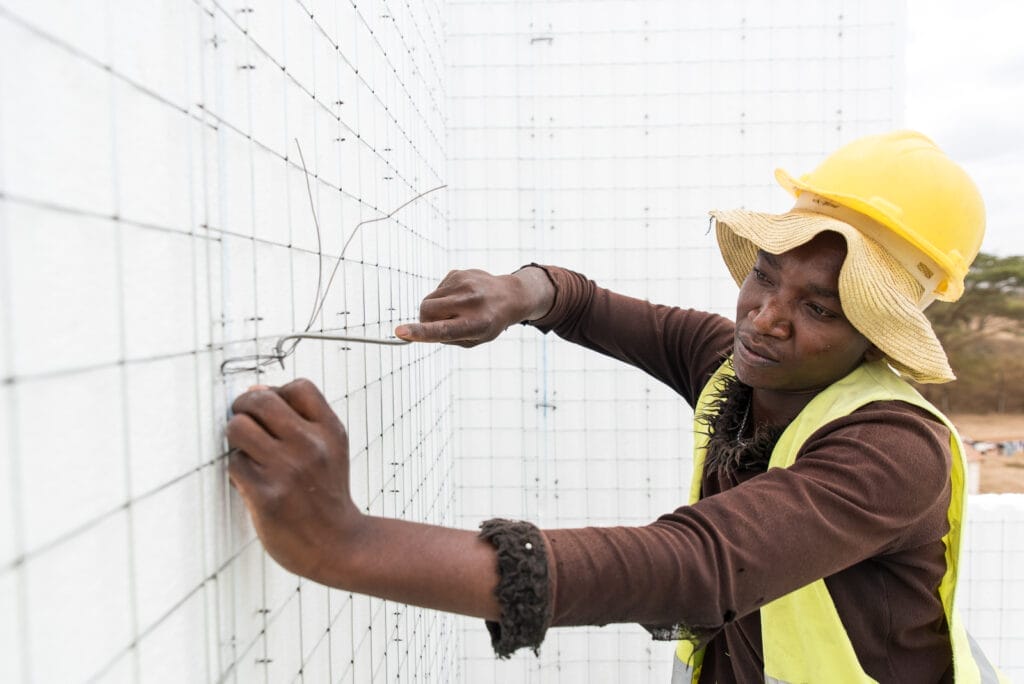
Promoting Economic Advancement as a Pathway to Preventing HIV and Violence against Adolescent Girls and Young Women
By Betty Adera This month, as we observe International Women’s Day 2024, it is imperative to reflect on the multifaceted challenges that adolescent girls and …
Read More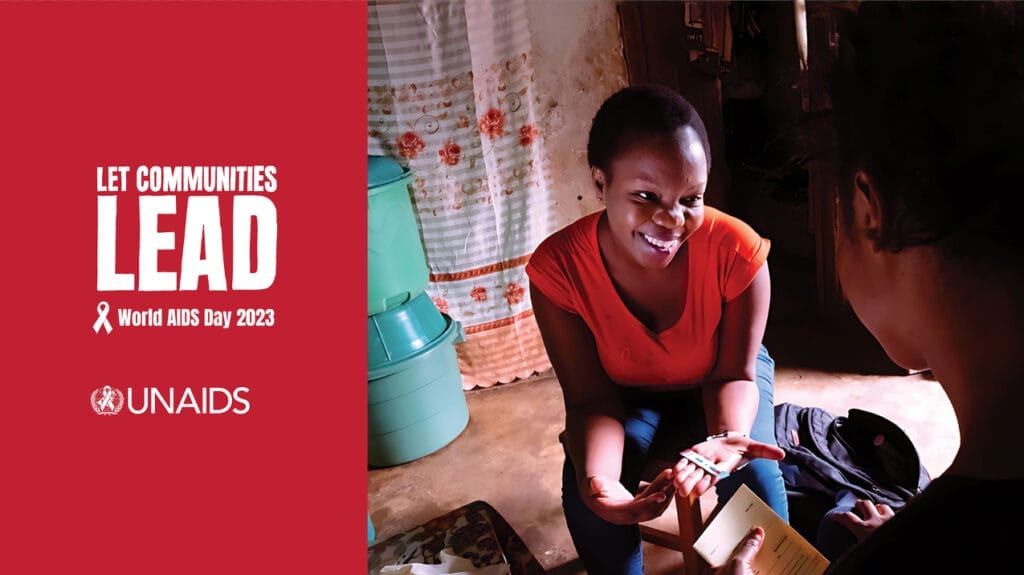
Uniting Communities: A Pivotal Force in Combating HIV/AIDS
By Betty Adera As we observe this year’s World AIDS Day, it is crucial to shine a light on persistent inequalities that continue to affect …
Read More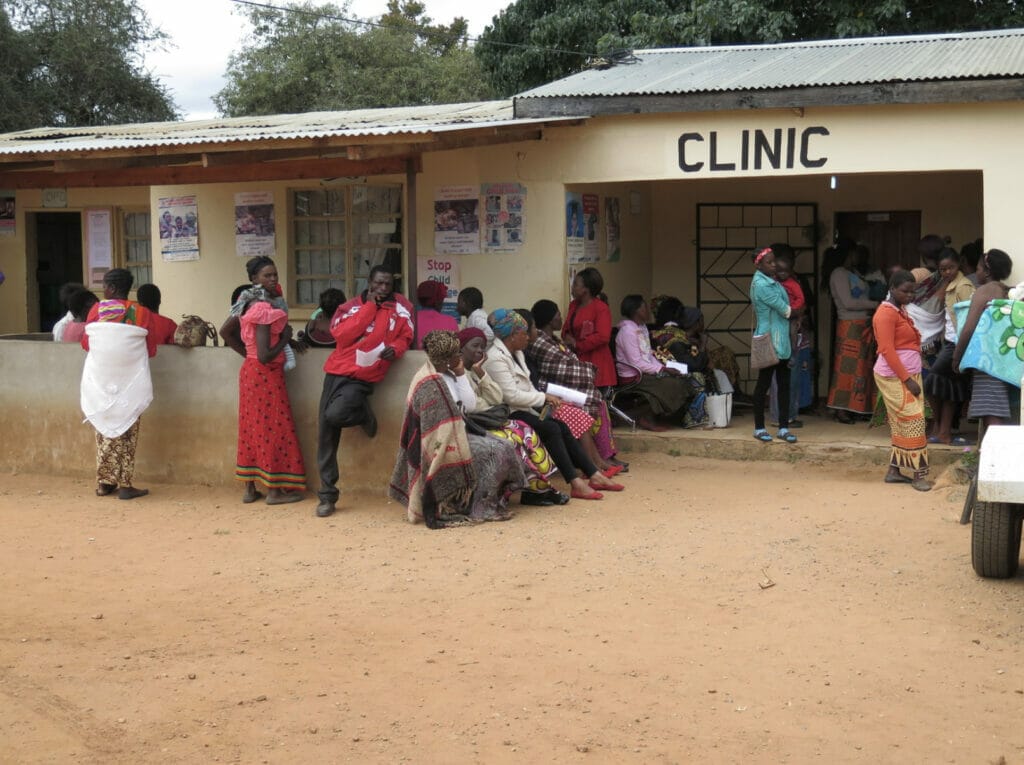
Ending the “Triple Threat” of Early Pregnancies, New HIV Infections and Sexual Violence among Adolescent Girls & Young Women
By Betty Adera A single act of sexual violence against women and girls can result in HIV infections and other sexually transmitted diseases, resulting in …
Read More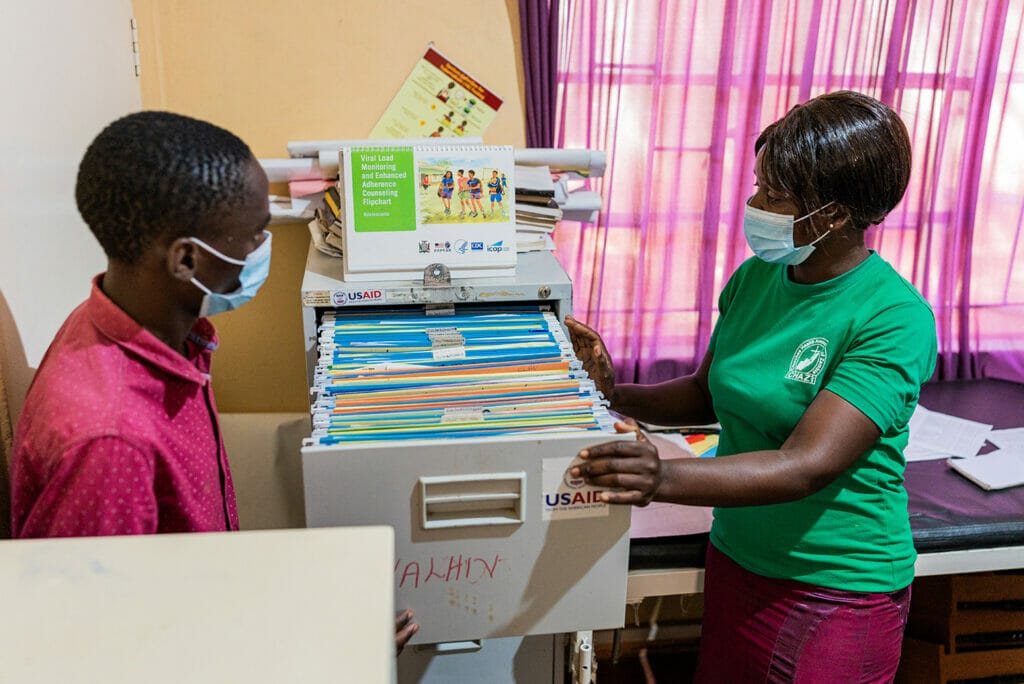
Striving to Find and Serve Missing Children in HIV Treatment & Care
By Betty Adera Despite tremendous progress in the fight against HIV and AIDS, outcomes for treatment and care among children remain low. Sadly, disparities in …
Read More
